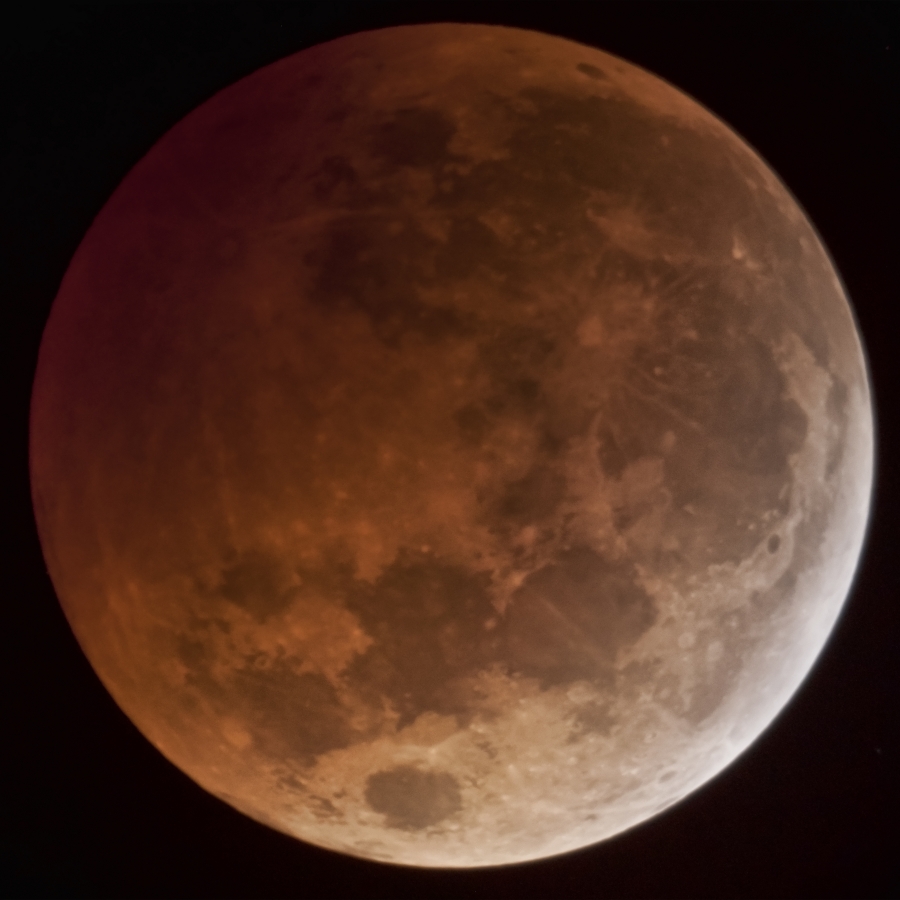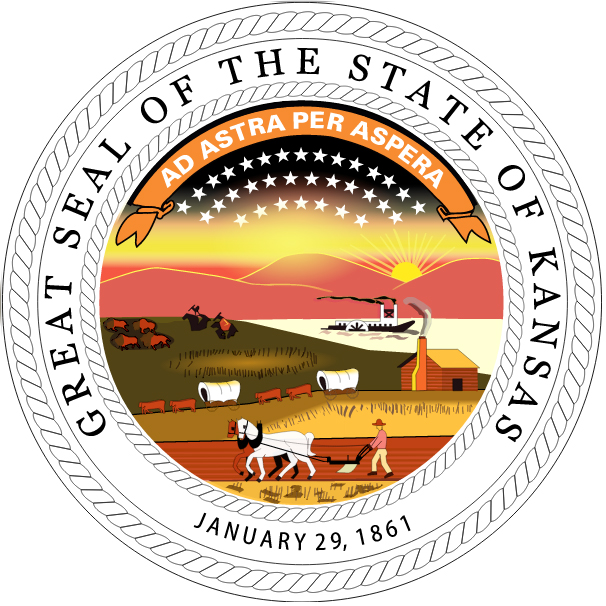Tomorrow morning, we get to see a particularly rare treat. We get to see the second full moon of the month (a blue moon) while the moon is at its nearest point to Earth in its orbit, perigee (supermoon), and the Moon will enter the Earth’s umbral shadow resulting in a total lunar eclipse (blood moon). So we get to see a blue blood supermoon of awesomeness!
The Moon will enter the Earth’s penumbral shadow at 4:51am, so get up early! At 5:48am, the Moon begins to enter the Earth’s umbral shadow marking the beginning of the partial lunar eclipse. The total lunar eclipse, when the Moon is fully encased in the Earth’s umbral shadow, begins at 6:51am and reaches the center of the umbra at 7:25am, a mere three minutes before moonset.
Although we won’t be able to see the entire eclipse event, we will get to see the beginning partial eclipse and the first half of the total eclipse. It does have a benefit for the photographically minded. With the eclipse happening near moonset, we will see the eclipsed moon behind familiar landmarks. This provides an opportunity to make some really engaging photographs.
You can see the full timing details at https://www.timeanddate.com/eclipse/in/usa/kansas-city.
We will have our own photographs to share after the eclipse, but we welcome your contributions as well. Share you images in the comments section below or on our Facebook page, https://www.facebook.com/JCCC.Astronomy/.

